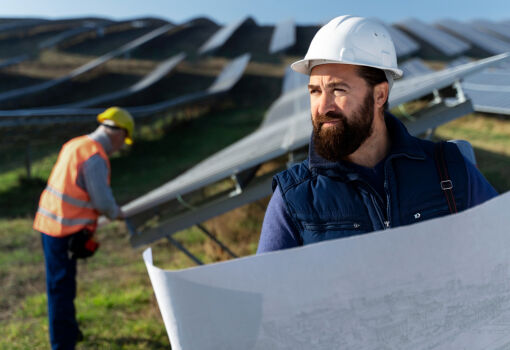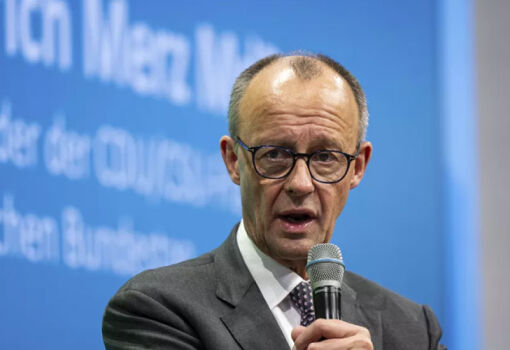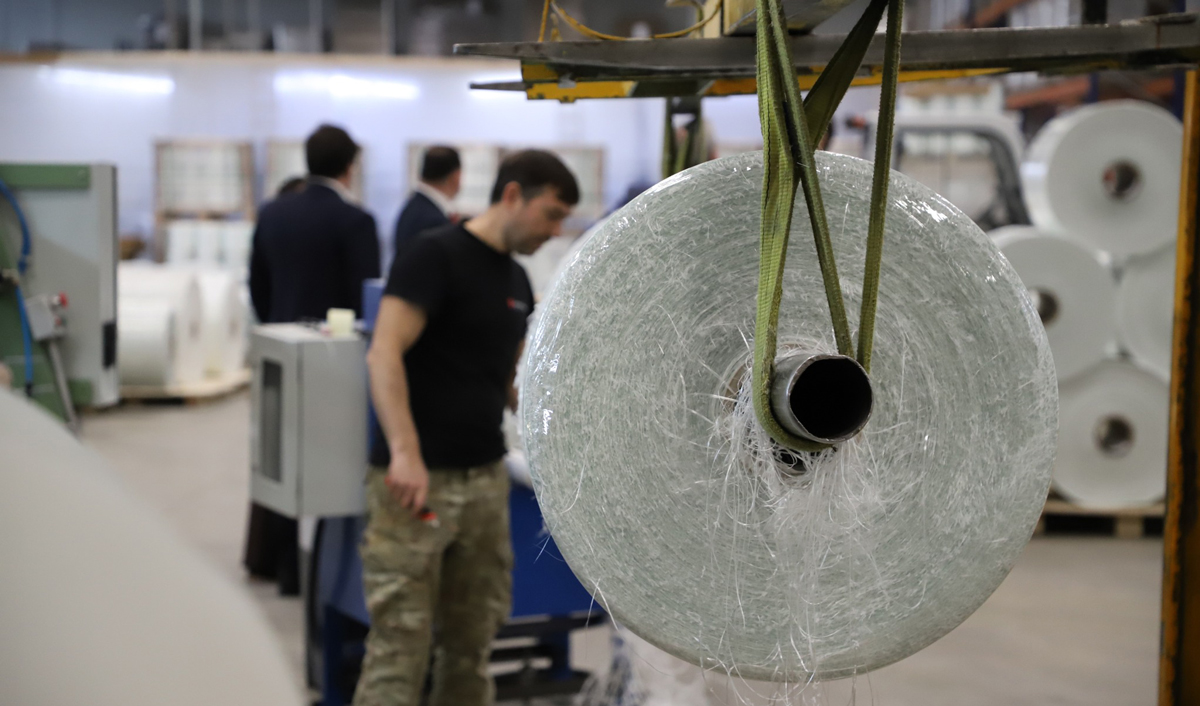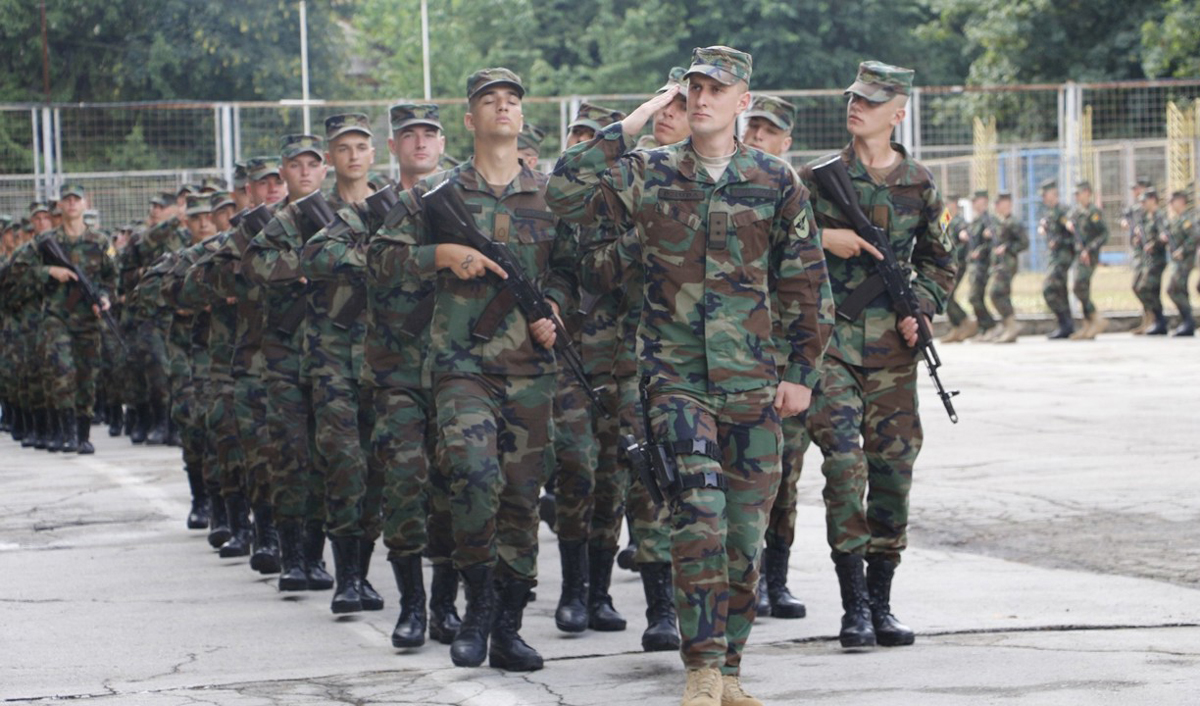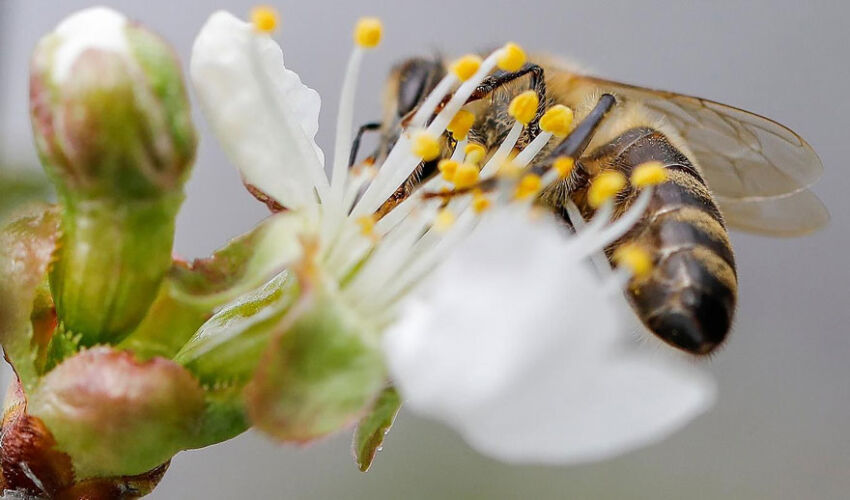
Meanwhile, according to expert estimates, this biological process can take away or add 10-20% to yield. In the case of such expensive products as stone fruits or rapeseed, this is a lot of money.
In the last few years, in the context of sharp climate transformation, conditions for pollination have been deteriorating, says Andrei Zbanka, an expert of the Federation of Agricultural Producers of Moldova FARM. From year to year the pollination period is shortened. In dry years, pollen quickly dries up and loses fertility. In relatively wet springs, frosts fall on the flowering period. This year they are also abnormally long.
The sharp warming expected next week is likely to be accompanied by rather low air temperatures in the night and morning hours. Accordingly, the contrast between a rather hot day and a cool night will continue for some time. On top of that, there are often strong winds in the country in spring. In such conditions, bees are not active and their work is hampered.
As an alternative, in some years I buy bumblebees for my gardens,” says Andrei Zbanka. – They are able to work in colder weather, they are heavier and less windblown, and they are larger, so they carry more pollen.
According to the expert, the Moldovan authorities should finally think about subsidizing the pollination process. Then it can become, if not the main, then at least an important source of income for beekeepers. Moreover, farmers-growers will benefit greatly. For example, in the USA, beekeepers’ income from subsidies and pollination fees is so high that some beekeepers consider honey production as a side business.








